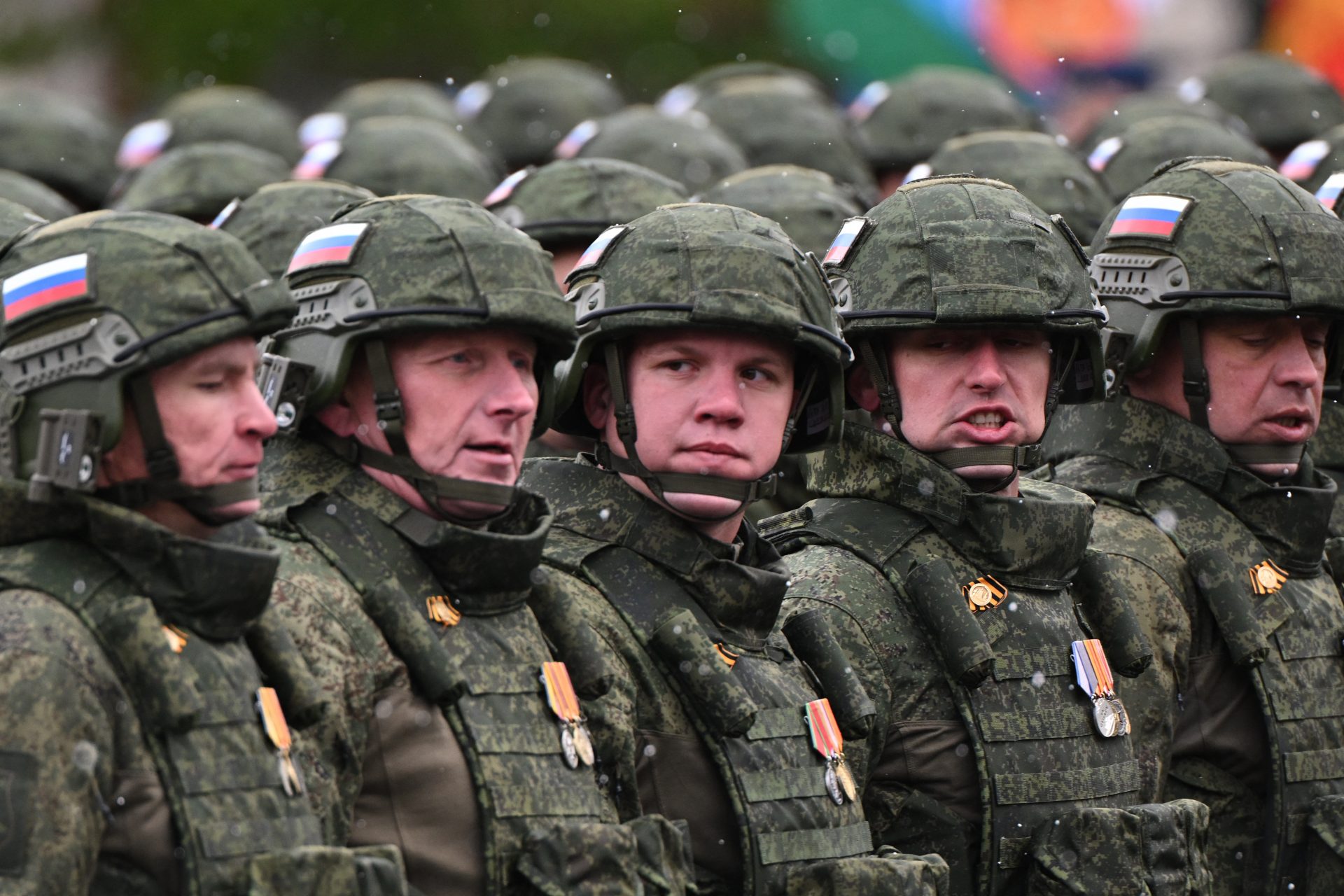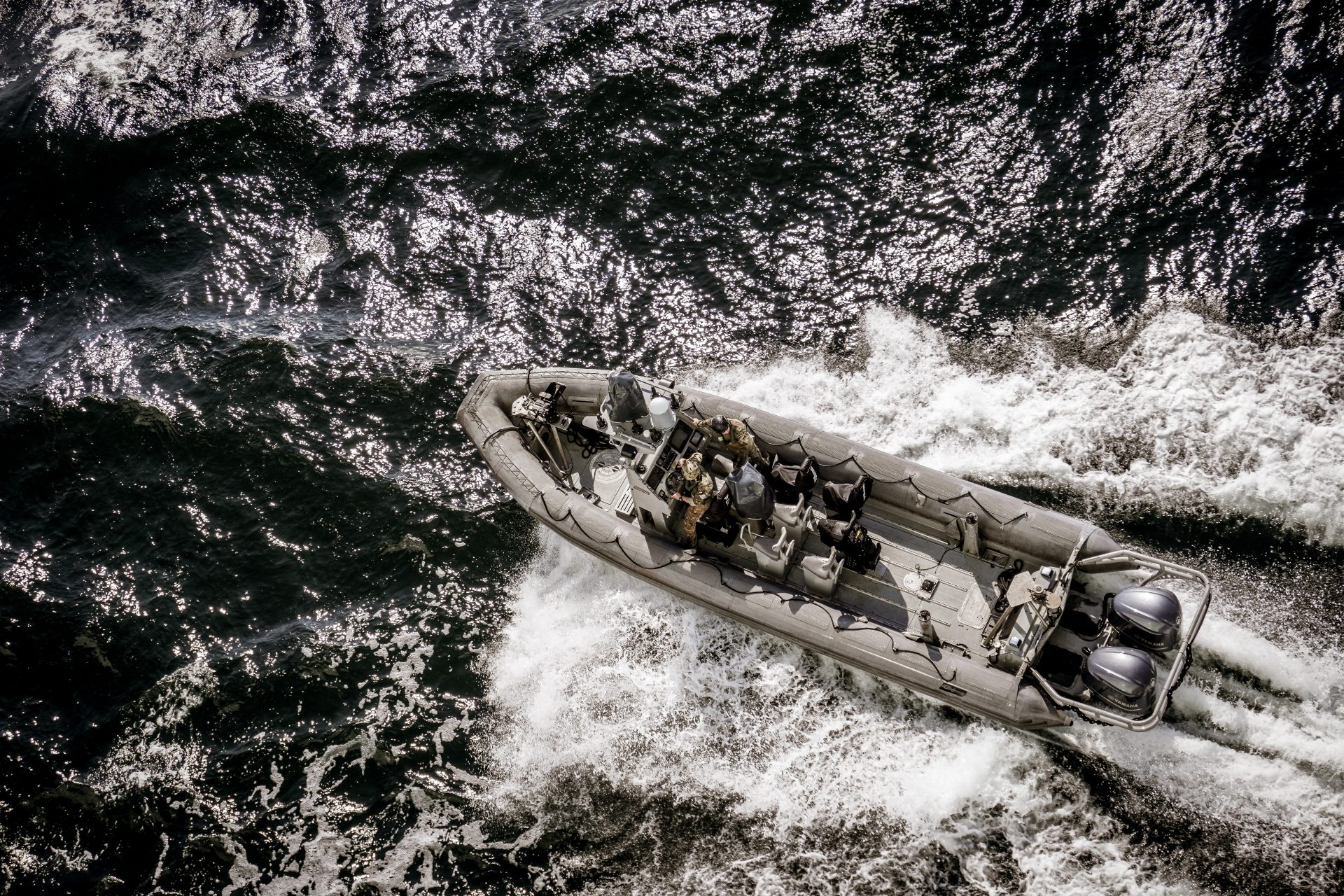What you can and can't do at Qatar’s World Cup
Festivities for North American and European fans visiting Qatar for the World Cup are going to be very different than anything they’ve experienced in previous years.
Eyebrows were already raised back in October when World Cup fans started circulating a Qatari poster that said foreigners should respect Qatari culture and refrain from homosexuality, dating, drinking, and immodesty.
That poster turned out to be produced by a Qatari citizen group rather than any official government body. But fans and players alike have realized that they will be faced with a number of severe restrictions while in the Middle Eastern country.
So what kind of prohibitions are in place? First of all, players are banned from wearing any and all protest jerseys during the World Cup, a ruling that came directly from the Fédération Internationale de Football Association (FIFA) rather than the Qatari government.
The Danish national team had planned to wear a practice jersey that included the phrase “human rights for all,” but it seems English players will be getting away with wearing their “OneLove” armbands, a subtle nod to LGBTQ+ rights.
According to the Guardian, media broadcasters like BBC and ITV have been barred from filming at accommodation sites like those housing migrant workers who worked on the construction of World Cup event venues and stadiums.
According to the terms,” Guardian journalist Shanti Das, “recording at government buildings, universities, places of worship, and hospitals is also prohibited, along with filming at residential properties and private businesses.”
Qatari media permits also contractually obligate media companies to “capture photography and videography of the most popular locations around the country”.
Fans can look forward to a dry event for the most part since Qatar banned the sale of alcohol around World Cup stadiums on November 18th.
"Following discussions between host country authorities and FIFA a decision has been made to focus the sale of alcoholic beverages on the FIFA Fan Festival,” FIFA officials said in a statement to the public.
The FIFA statement also added that FIFA and Qatar would be “removing the sales points of beer from Qatar's FIFA World Cup 2022 stadium perimeters."
Most are still unclear as to what this alcohol ban actually means, though it looks as if only fans in licensed venues and in-stadium luxury suites will have access to alcohol. FIFA representatives have stated that the World Cup alcohol ban won’t apply to those fans attending games within World Cup stadiums.
Fans will also face some religious restrictions according to the U.S. State Department’s fact sheet on Qatar and the World Cup. Visitors could be criminally prosecuted if found proselytizing religions other than Islam and could be jailed for criticizing the Muslim faith.
Public speech is also very limited. Players and fans alike have been warned that they could be arrested by the Qatari government for breaking the country’s speech laws, which apply to both spoken words and anything written on social media.
“For example,” the U.S. State Department noted that “arguing with or insulting others in public could lead to arrest.”
Homosexuality is punishable by death in Qatar. But Qatari officials have allegedly relaxed their laws and stated that everyone is welcome during the World Cup. However, the British news tabloid Mirror has reported that Qatari officials have deployed undercover spies to infiltrate groups of gay fans and arrest offenders.
Fans should also steer clear of other displays of public indecency. The Library of Congress has noted that visitors to Qatari could face harsh punishments for "indecent acts and the act of sexual intercourse outside of marriage."
Pregnant women attending the World Cup should also be prepared to show a marriage certificate if they plan to receive parental care in the country according to the U.S. State Department.
There is also a zero-tolerance drug policy in Qatar. There is little difference in drug categories in the country, according to theathletic.com. World Cup fans caught smuggling drugs into the country could face 20 years in prison with repeat offenders risking life in prison or death.
Finally, fans are expected to cover up in Qatar. The country has a strict dress code so both men and women should “cover shoulders, chests, stomachs, and knees,” and “tight leggings [should] be covered by a long shirt or dress," the U.S. State Department noted.
At least fans will be allowed to sport large banners in the stands, that is, if they’ve been able to get their banner pre-approved by World Cup organizers. No offensive or political messaging are allowed…
More for you
Top Stories


































